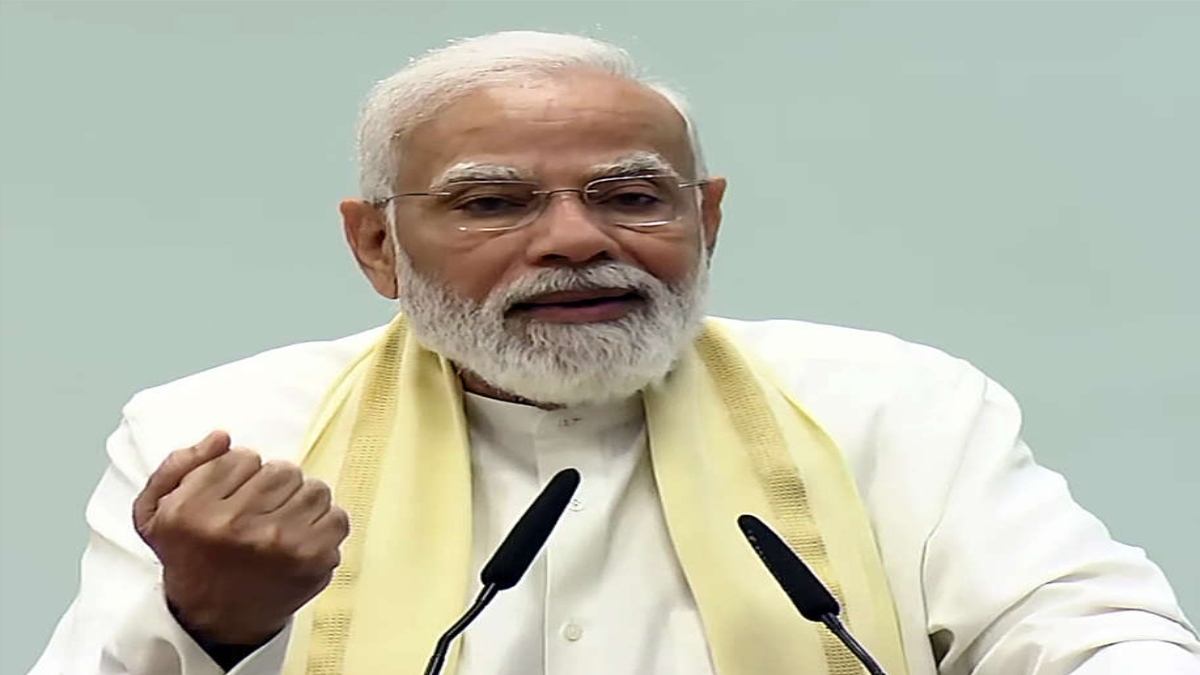
India’s Neighbourhood First Policy, which is Prime Minister Narendra Modi’s signature foreign policy initiative, is moving in a right and meaningful direction. This realization is evident from India’s frequent outreach to the countries in its neighbourhood with the humanitarian assistance or any kind of help they might be looking for. The supply of Covid-19 vaccine and other health equipment by India to the neighbouring countries such as Nepal, Bangladesh, Sri Lanka and Bhutan have been widely acclaimed by the entire global community. In what reinforces India’s ‘neighbourhood priority’, New Delhi delivered one more consignment of 40,000 metric tons of diesel to Colombo to help ease the acute fuel shortage in the debt-ridden island nation which is grappling with its worst economic crisis. India has already extended an additional $ 500 million credit line to Sri Lanka last month to help it import fuel. Ministry of External Affairs (MEA) spokesperson Arindam Bagchi said India was extending help to Sri Lanka in keeping with ‘Neighbourhood First Policy’. India’s substantial and timely assistance to crisis-hit Sri Lanka underlines PM Modi’s focus on cultivating and sustaining relations with the neighbouring countries.
What is laudable is that while extending robust support to Sri Lanka at a time when others including China had turned their back on the island nation, India always stuck to the policy of mutual respect and equal partnership. This kind of gesture is what the Neighbourhood First policy emphasizes in order for India to build cordial and synergetic relations with its South Asian neighbours.
What is more praiseworthy is that India is roping in like-minded countries to join it in helping the crisis-stricken neighbouring nations. That Japan joined hands with India with an aim to aid Sri Lanka’s economic issues goes to the credit of PM Modi. During his bilateral meeting on the sidelines of the Quad in Tokyo, PM Modi convinced his Japanese counterpart Fumio Kishida to extend help to Sri Lanka. India and Japan are now cooperating with each other to address the economic crisis and humanitarian situation in Colombo. It unmistakably suggests India’s larger strategy to persuade the other friendly countries to take notice of the problems of India’s immediate neighbours as well. India’s move should be appreciated by the world community, and more countries should come forward to work with India in this direction. Undeniably, PM Modi’s recent visit to Nepal’s Lumbini on the occasion of Buddha Jayanti was also aimed at giving a big boost to India’s Neighbourhood First Policy. What is now noticed is that India and Nepal ties are on a higher trajectory, with New Delhi extending assistance to Kathmandu for various projects. It was relieving to know that Nepalese Prime Minister Sher Bahadur Deuba chose India over China in terms of handing over certain projects in his country. India’s stress on ‘Neighbourhood First Policy’ yielded two positive results in another neighbouring country– Bangladesh. First, Prime Minister Sheikh Hasina offered Chittagong Port’s access to India in what was a strong signal to China. Two, Bangladesh Foreign Minister AK Abdul Momen in presence of External Affairs Minister S. Jaishankar recently said that Dhaka has a historical rock-solid relationship with New Delhi and his country wants to develop this with all the Indian states. India is also keeping its focus on the humanitarian situation in Afghanistan, coming out with robust help to the people there. That a team led by senior diplomats has been sent to Kabul on some diplomatic mission highlights India’s priority for neighbours. PM Modi’s appeal to BIMSTEC (Bay of Bengal Initiative for Multi-Sectoral, Technical and Economic Cooperation) countries to make Bay of Bengal a bridge of connectivity, prosperity and security speaks volumes about how India plans to go ahead with the Neighbourhood First policy. Besides India, BIMSTEC comprises Sri Lanka, Bangladesh, Myanmar, Thailand, Nepal and Bhutan